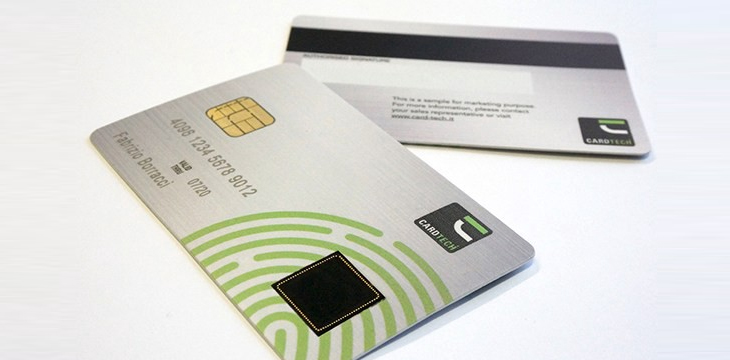
Dr. Craig Wright, in his latest Medium post, has broken down the ever-evolving world of cryptocurrency wallets. There have been an endless supply of variations introduced over the past couple of years, each offering their own special tricks or characteristics, but they all have one common thread that ties them together – security. In the post, Wright talks about smart-card based wallets and how these could – and should- be the future of portable wallets.
Wright points out that a smart-card application tied to a wallet can offer better security for crypto assets while also allowing for private system authentication. The chief scientist for nChain explains, “We (nChain) have been awarded or granted a patent on the use of ECDSA [elliptic curve digital signature algorithm] as a means to securely share and create keys. The mechanism can be used to create a system that allows uses to authenticate to computers or to create a wallet-key store that can work with a smart card and a mobile phone to allow a single-use Bitcoin key that always updates the address.”
ECDSA is a type of algorithm used by cryptocurrencies that helps to ensure funds are only spent by their rightful owners.
Using a biometric smart card, the ECDSA key could maintain the base part of the transaction private and the associated address would be confirmable through a Public Key Infrastructure (PKI). The wallet address – not the public key – would be recorded by a Certification Authority, which could also provide oversight to ensure adherence to anti-money laundering and Know Your Customer regulations.
Wright also explains, “The app on the phone sends the coin secret (wallet value) to the smart card with the transaction hash. To do so, the app constructs the hash of the transaction (the phone has the ‘smarts’ that allow the transaction to be constructed) and secret (wallet value) to the smart card.”
The system provides a great deal more crypto security than what is currently available on personal devices. PINs and passphrases are not that difficult to break, given the right amount of time and tools, and even USB devices that store the cryptographic keys can be compromised. All of these methods employ a static security measure; however, the new smart card-based security described by Wright is constantly changing, allowing the device to calculate the secret each time a transaction is begun.
Crypto wallets need to evolve. The concept described by Wright, and offered by nChain, could easily be the next step in helping hundreds of thousands of crypto fans protect their assets.

 09-22-2024
09-22-2024


